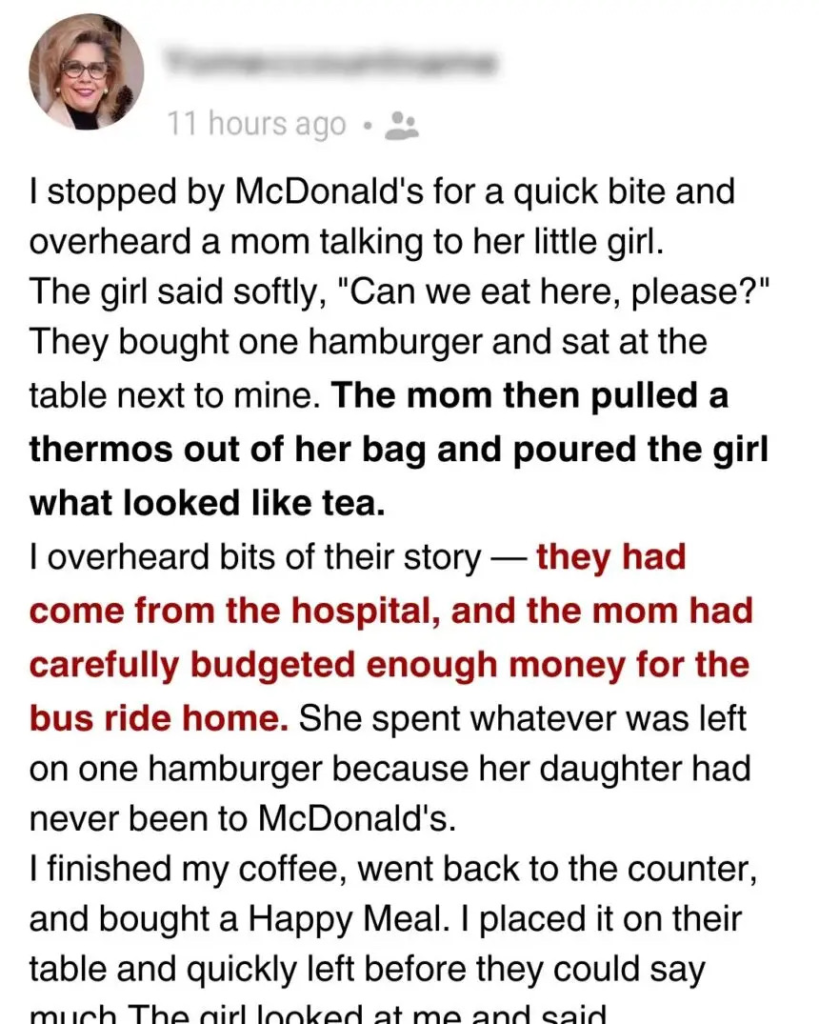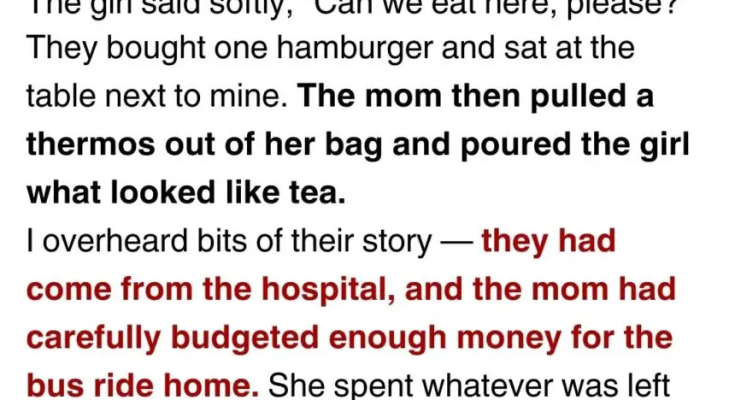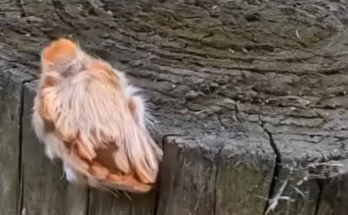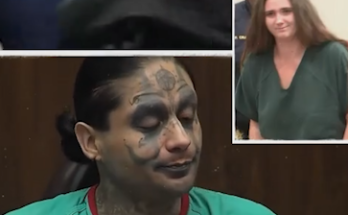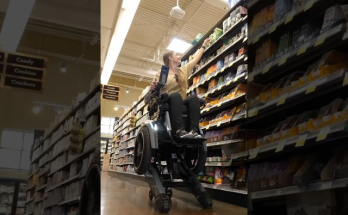I stopped by McDonald’s for a quick bite and overheard a mom talking to her little girl.
The girl said softly, “Can we eat here, please?”
They bought one hamburger and sat at the table next to mine. The mom then pulled a thermos out of her bag and poured the girl what looked like tea.
I overheard bits of their story — they had just come from the hospital, and the mom had carefully budgeted just enough money for the bus ride home. She spent what little was left on one hamburger because her daughter had never been to McDonald’s.
I finished my coffee, went back to the counter, and bought a Happy Meal. I placed it on their table and quickly left before they could say much. The little girl looked at me and said…
“…Thank you,” her voice barely above a whisper, but her eyes shining as if she’d just been handed the world.
Her mother blinked, clearly holding back tears. She smiled at her daughter, then glanced at me with an expression that said more than words ever could. Gratitude, exhaustion, relief—all rolled into one.
I walked out the door, but something weighed on my chest. That small meal would fill their stomachs for an hour, maybe two, but what about tomorrow? What about the day after that?
Later that evening, I couldn’t shake their faces from my mind. I thought of the little girl’s excitement over a Happy Meal that most of us take for granted. I thought of the mother, calculating every cent, making sacrifices silently while carrying the weight of both hope and despair.
The next day, I called the McDonald’s near the hospital and explained what I had witnessed. With the manager’s help, we arranged a small program: any families coming from the children’s hospital with proof of a visit could receive a meal at a discount, sometimes even for free if donations covered it.
Also Read : MY MIL “GIFTED” ME A CAR THAT HADN’T RUN IN OVER 10 YEARS — AFTER I RESTORED IT, SHE DEMANDED IT BACK
Word spread quickly. Customers started pitching in, buying extra meals, and leaving them “on hold” for families in need. The act of kindness grew like a ripple in water—touching people who had nothing, and those who had everything but had simply forgotten what it meant to share.
A week later, I saw them again. The little girl waved at me across the restaurant, clutching a small toy from her Happy Meal. Her mother approached, holding back tears again, and whispered, “You didn’t just buy her a meal… you reminded me that we’re not invisible. That people still care.”
I realized then that sometimes, the smallest acts of kindness are not small at all—they are seeds planted in someone else’s darkest moment. And those seeds? They bloom into hope.
Days turned into weeks, and I often wondered about the mother and daughter. Life is full of fleeting encounters—we see people, share a moment, and then never cross paths again. But something about them stayed with me.
One rainy afternoon, I found myself at the same McDonald’s, sipping a coffee by the window. To my surprise, the little girl came running in, tugging her mother behind her. She spotted me almost instantly and rushed over, her toy from the Happy Meal still clutched in her hand.
“Look! I kept it safe,” she said proudly, holding it up. Her mother smiled, looking healthier, lighter somehow.
We sat together, and I learned that her daughter’s hospital visits were part of a long treatment plan. The road ahead was still uncertain, but they had found a small support network—neighbors, church friends, and strangers who had heard about their story and quietly stepped in to help.
What struck me most was the mother’s resilience. She didn’t complain. She didn’t ask for more. She only spoke about how thankful she was for the kindness of strangers, for the laughter of her daughter, and for the moments they could share—even in a fast-food restaurant.
Before they left, the little girl leaned in and whispered, “When I grow up, I want to buy Happy Meals for kids too.”
Her words lodged deep in my heart. It reminded me that kindness is contagious. What begins as a single act—a meal, a smile, a hand reaching out—can pass from one soul to another, echoing far beyond what we can ever measure.
And in that moment, sitting in a corner booth at McDonald’s on a gray afternoon, I realized something: sometimes, the most sacred places in the world aren’t churches, temples, or grand halls. Sometimes, they’re just simple tables where love is shared, and hope is passed from one person to the next—one Happy Meal at a time.
